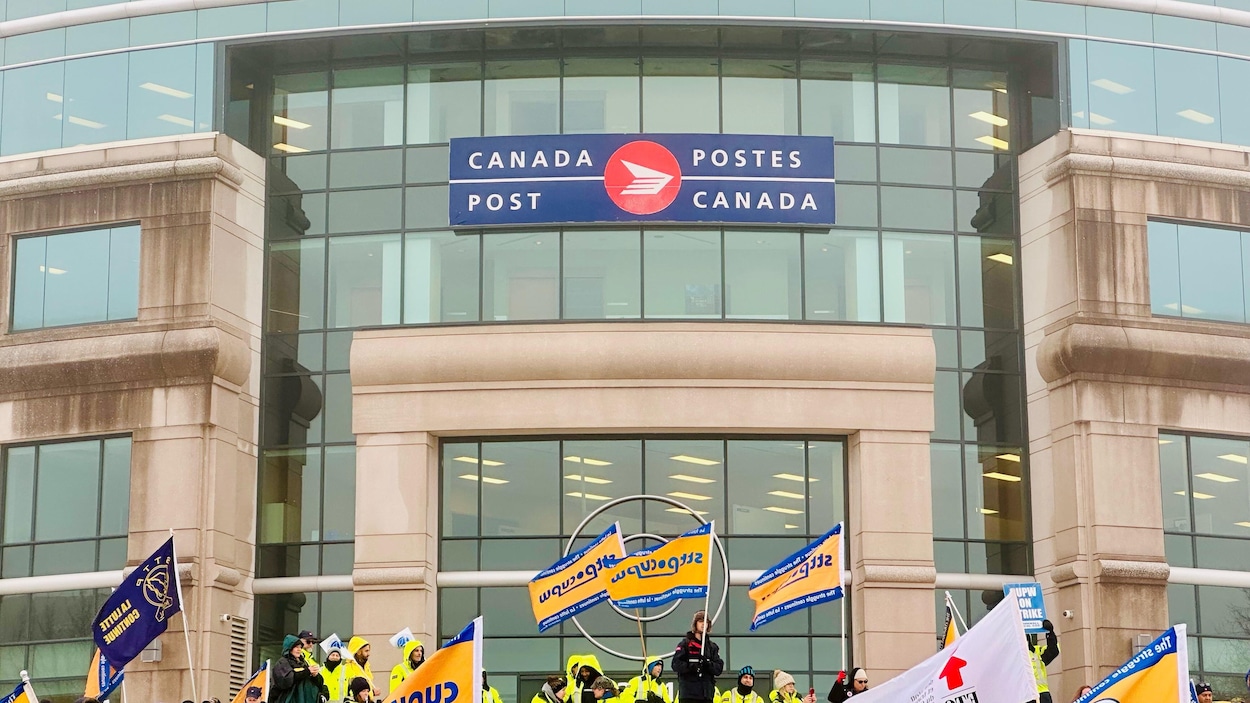
Canada Post Strike Talks Heat Up as New Offer Rejected
So here’s the latest on the developing Canada Post strike situation—and honestly, it’s a lot to unpack. If you’ve been following the story, tensions between Canada Post and its unionized workers have been boiling for a while. After nearly two years of drawn-out negotiations, previous strike action, and even a federal inquiry, it looked like we might be moving toward resolution. But just as things seemed to settle, a fresh curveball was thrown into the mix.
On Wednesday, Canada Post submitted a revised comprehensive offer to the Canadian Union of Postal Workers (CUPW), representing about 55,000 employees across the country. The union responded by saying it would be willing to pause its strike threat for two weeks to properly assess this new proposal. Seems fair, right? Well, Canada Post didn’t think so.
In a surprising move, Canada Post flatly rejected the idea of a truce. Their stance is that any delay is not in anyone’s best interest—not their employees’, not the public’s. They insist that the only way forward is through finalized agreements, not drawn-out pauses.
Also Read:- Rain Soaks NYC Again as Chilly Weather Disrupts Midweek Commute
- Cat Deeley Shines in the Ultimate Butter Yellow Dress of the Summer
Let’s talk numbers. This new offer includes a total wage increase of 13.59% spread over four years—6% in the first year alone, followed by 3%, then 2%, then another 2% annually. Not bad on paper. Canada Post also backed off from controversial changes to the benefits plan and retirement structure, promising to keep the current model for existing employees and not forcing new hires into a less secure defined contribution pension plan.
That said, the state-owned company is still in a financial crunch, having racked up over $3 billion in pre-tax losses. Earlier this year, the federal government had to step in with a $1 billion loan just to keep operations running. Canada Post also wants to overhaul its delivery model to make things more flexible—though that could mean things like cutting back on daily home mail delivery.
So where does this leave Canadians? In a tough spot. A strike could begin as early as Friday. That means any mail you’ve already sent might sit in limbo. No new letters or parcels would be accepted, and you’d likely see serious delays before services return to normal. Meanwhile, many companies—like Simons, Telus, and Maguire—have already shifted to private couriers like UPS, FedEx, and Purolator to keep things moving.
But here’s the catch: private couriers cost more. Way more. For example, sending a 1 kg package from Québec to Sherbrooke with Canada Post costs under $20. With Purolator, it jumps to over $45. And that’s not even the most expensive route.
Platforms like Envoi Québec are stepping in to help businesses compare rates from different couriers, and they’ve seen massive growth since the last strike. Still, for everyday Canadians relying on government services, legal documents, or remote deliveries, there's a lot of uncertainty and potentially a higher price to pay.
The bottom line? While the new offer from Canada Post signals some movement, the refusal to pause and talk it through means we’re once again walking a tightrope between negotiation and disruption. And unless both sides give ground soon, we could be facing another postal shutdown—one that affects not just packages and letters, but businesses, families, and communities across the country.
Read More:



0 Comments